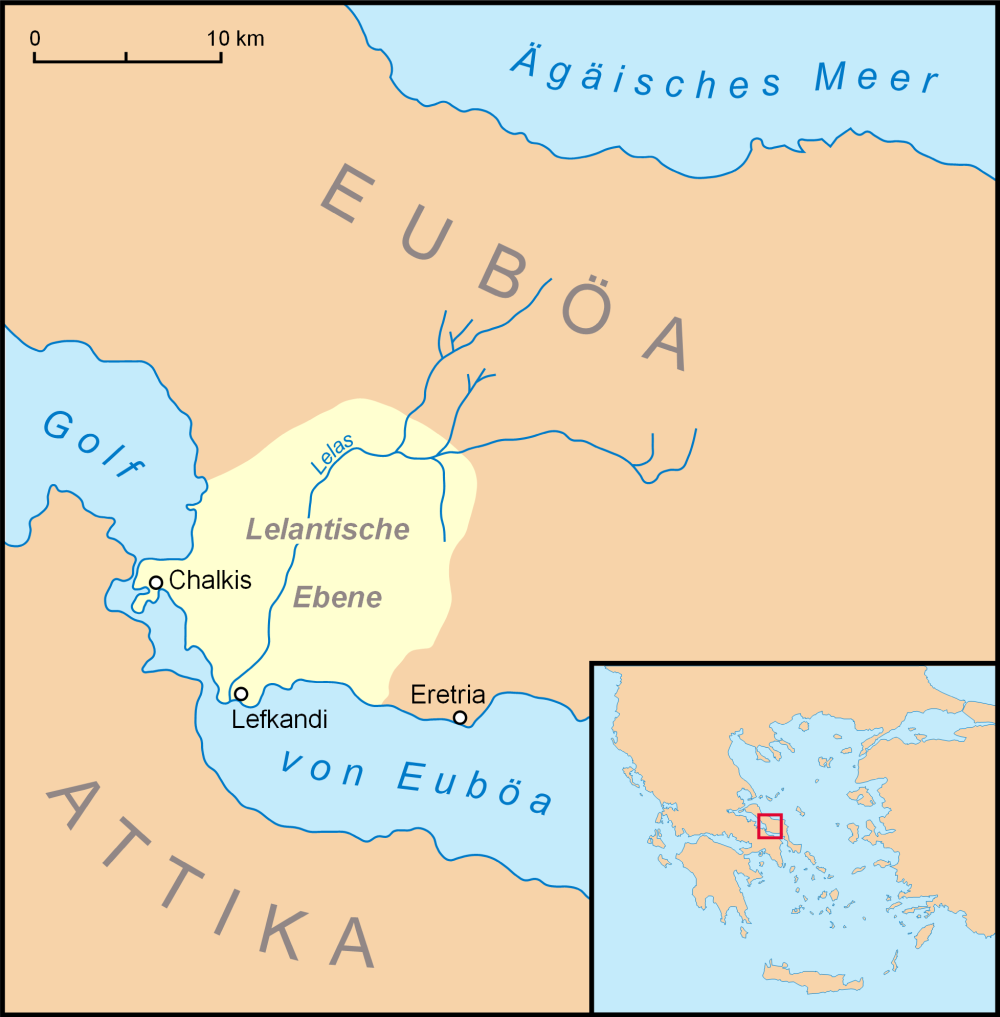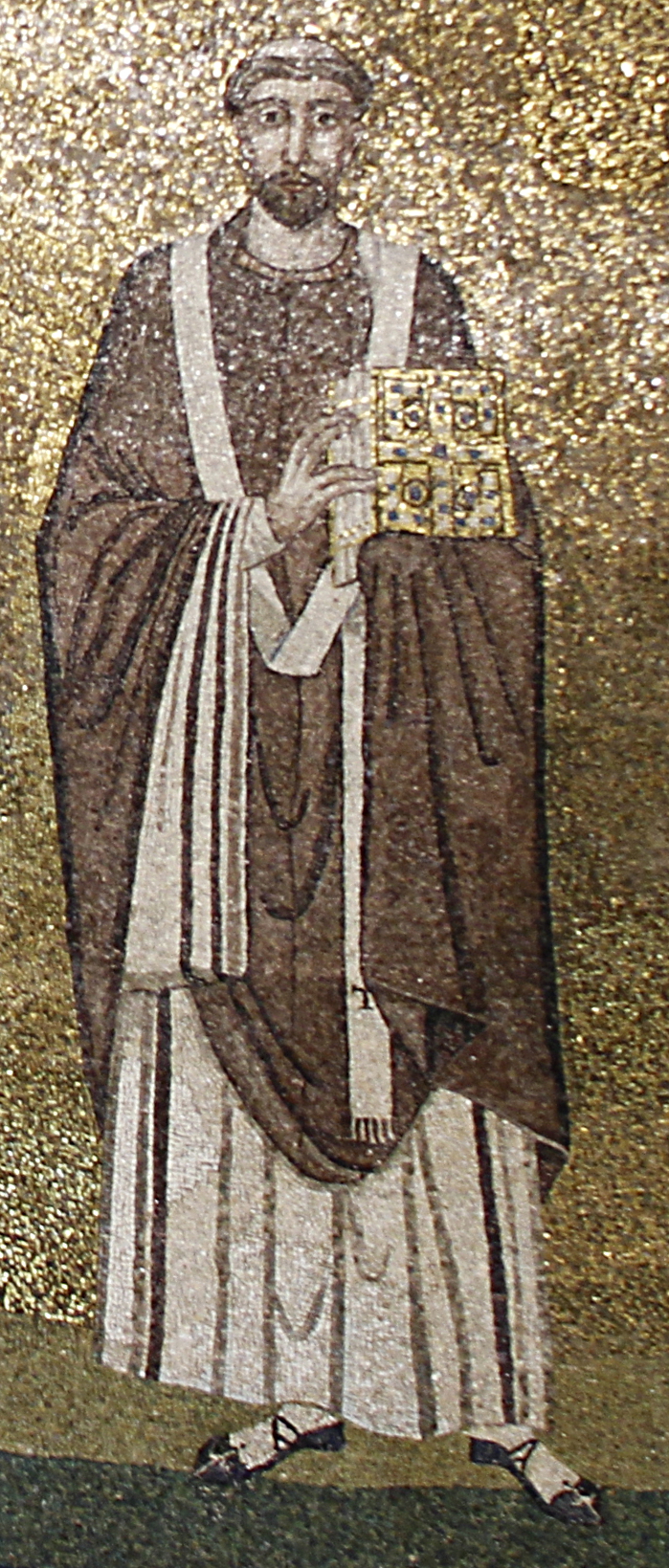|
Eualcides
Eualcides ( grc, Ευαλκίδης) (d. 498 BCE) was a Greek athlete and military commander from Eretria who was killed by the Persians during the Battle of Ephesus. He competed in the Olympics. The poet Simonides of Ceos Simonides of Ceos (; grc-gre, Σιμωνίδης ὁ Κεῖος; c. 556–468 BC) was a Greek lyric poet, born in Ioulis on Ceos. The scholars of Hellenistic Alexandria included him in the canonical list of the nine lyric poets esteemed ... composed an ode in celebration of his successes. References Herodotus, The Histories, Book Five, chapter 102.(Project Gutenberg) Ancient Greeks killed in battle Ancient Greek generals 5th-century BC Greek people Ionian Revolt 498 BC deaths Year of birth unknown {{AncientGreece-bio-stub ... [...More Info...] [...Related Items...] OR: [Wikipedia] [Google] [Baidu] |
Ionian Revolt
The Ionian Revolt, and associated revolts in Aeolis, Doris, Cyprus and Caria, were military rebellions by several Greek regions of Asia Minor against Persian rule, lasting from 499 BC to 493 BC. At the heart of the rebellion was the dissatisfaction of the Greek cities of Asia Minor with the tyrants appointed by Persia to rule them, along with the individual actions of two Milesian tyrants, Histiaeus and Aristagoras. The cities of Ionia had been conquered by Persia around 540 BC, and thereafter were ruled by native tyrants, nominated by the Persian satrap in Sardis. In 499 BC, the tyrant of Miletus, Aristagoras, launched a joint expedition with the Persian satrap Artaphernes to conquer Naxos, in an attempt to bolster his position. The mission was a debacle, and sensing his imminent removal as tyrant, Aristagoras chose to incite the whole of Ionia into rebellion against the Persian king Darius the Great. In 498 BC, supported by troops from Athens and Eretria, the Ionians marched ... [...More Info...] [...Related Items...] OR: [Wikipedia] [Google] [Baidu] |
Battle Of Ephesus (498 BC)
The Battle of Ephesus was a battle in 498 BC between Persian and Greek forces during the Ionian revolt. The Persians defeated the Greek army and compelled the Athenians and Eretrians to abandon their alliance with the Ionians. Background The Ionian Revolt was triggered by the dissatisfaction of the Greek cities of Asia Minor with the tyrants appointed by Persia to rule them. In 499 BC, the then-tyrant of Miletus, Aristagoras, launched a joint expedition with the Persian satrap Artaphernes to conquer Naxos, in an attempt to bolster his position in Miletus. The mission was a debacle, and sensing his imminent removal as tyrant, Aristagoras chose to incite the whole of Ionia into rebellion against the Persian king Darius the Great. The Ionians also secured alliances with Athens and Eretria in mainland Greece and their combined forces met at Ephesus and prepared to go on the offensive. The Greek army, led by the generals Charopinus and Hermophantus, moved inland and besieged Artapher ... [...More Info...] [...Related Items...] OR: [Wikipedia] [Google] [Baidu] |
Eretria
Eretria (; el, Ερέτρια, , grc, Ἐρέτρια, , literally 'city of the rowers') is a town in Euboea, Greece, facing the coast of Attica across the narrow South Euboean Gulf. It was an important Greek polis in the 6th and 5th century BC, mentioned by many famous writers and actively involved in significant historical events. Excavations of the ancient city began in the 1890s and have been conducted since 1964 by the Greek Archaeological Service (11th Ephorate of Antiquities) and the Swiss School of Archaeology in Greece. History of Eretria Prehistory The first evidence for human activity in the area of Eretria are pottery shards and stone artifacts from the late Neolithic period (3500–3000 BC) found on the Acropolis as well as in the plain. No permanent structures have yet been found. It is therefore unclear whether a permanent settlement existed at that time. The first known settlement from the Early Helladic period (3000–2000 BC) was located on the plain ... [...More Info...] [...Related Items...] OR: [Wikipedia] [Google] [Baidu] |
Simonides Of Ceos
Simonides of Ceos (; grc-gre, Σιμωνίδης ὁ Κεῖος; c. 556–468 BC) was a Greek lyric poet, born in Ioulis on Ceos. The scholars of Hellenistic Alexandria included him in the canonical list of the nine lyric poets esteemed by them as worthy of critical study. Included on this list were Bacchylides, his nephew, and Pindar, reputedly a bitter rival, both of whom benefited from his innovative approach to lyric poetry. Simonides, however, was more involved than either in the major events and with the personalities of their times. Lessing, writing in the Enlightenment era, referred to him as "the Greek Voltaire." His general renown owes much to traditional accounts of his colourful life, as one of the wisest of men; as a greedy miser; as an inventor of a system of mnemonics; and the inventor of some letters of the Greek alphabet (). Such accounts include fanciful elements, yet he had a real influence on the sophistic enlightenment of the Classical era. His fame ... [...More Info...] [...Related Items...] OR: [Wikipedia] [Google] [Baidu] |
Ancient Greeks Killed In Battle
Ancient history is a time period from the beginning of writing and recorded human history to as far as late antiquity. The span of recorded history is roughly 5,000 years, beginning with the Sumerian cuneiform script. Ancient history covers all continents inhabited by humans in the period 3000 BCAD 500. The three-age system periodizes ancient history into the Stone Age, the Bronze Age, and the Iron Age, with recorded history generally considered to begin with the Bronze Age. The start and end of the three ages varies between world regions. In many regions the Bronze Age is generally considered to begin a few centuries prior to 3000 BC, while the end of the Iron Age varies from the early first millennium BC in some regions to the late first millennium AD in others. During the time period of ancient history, the world population was already exponentially increasing due to the Neolithic Revolution, which was in full progress. While in 10,000 BC, the world population stood at ... [...More Info...] [...Related Items...] OR: [Wikipedia] [Google] [Baidu] |
Ancient Greek Generals
Ancient history is a time period from the beginning of writing and recorded human history to as far as late antiquity. The span of recorded history is roughly 5,000 years, beginning with the Sumerian cuneiform script. Ancient history covers all continents inhabited by humans in the period 3000 BCAD 500. The three-age system periodizes ancient history into the Stone Age, the Bronze Age, and the Iron Age, with recorded history generally considered to begin with the Bronze Age. The start and end of the three ages varies between world regions. In many regions the Bronze Age is generally considered to begin a few centuries prior to 3000 BC, while the end of the Iron Age varies from the early first millennium BC in some regions to the late first millennium AD in others. During the time period of ancient history, the world population was already exponentially increasing due to the Neolithic Revolution, which was in full progress. While in 10,000 BC, the world population stood a ... [...More Info...] [...Related Items...] OR: [Wikipedia] [Google] [Baidu] |
5th-century BC Greek People
The 5th century is the time period from 401 ( CDI) through 500 ( D) ''Anno Domini'' (AD) or Common Era (CE) in the Julian calendar. The 5th century is noted for being a period of migration and political instability throughout Eurasia. It saw the collapse of the Western Roman Empire, which came to an end in 476 AD. This empire had been ruled by a succession of weak emperors, with the real political might being increasingly concentrated among military leaders. Internal instability allowed a Visigoth army to reach and ransack Rome in 410. Some recovery took place during the following decades, but the Western Empire received another serious blow when a second foreign group, the Vandals, occupied Carthage, capital of an extremely important province in Africa. Attempts to retake the province were interrupted by the invasion of the Huns under Attila. After Attila's defeat, both Eastern and Western empires joined forces for a final assault on Vandal North Africa, but this campaign was ... [...More Info...] [...Related Items...] OR: [Wikipedia] [Google] [Baidu] |
498 BC Deaths
__NOTOC__ Year 498 ( CDXCVIII) was a common year starting on Thursday (link will display the full calendar) of the Julian calendar. At the time, it was known as the Year of the Consulship of Paulinus and Scytha (or, less frequently, year 1251 ''Ab urbe condita''). The denomination 498 for this year has been used since the early medieval period, when the Anno Domini calendar era became the prevalent method in Europe for naming years. Events By place Byzantine Empire * Emperor Anastasius I abolishes the chrysargyron tax throughout the Eastern Roman Empire, before reforming the monetary system, using Greek numerals instead of Roman. Persia * Kavadh I returns from exile with support of 30,000 Hephthalites (White Huns), and again assumes the Sassanid throne. He punishes his opponents and probably his brother Djamasp, who usurped the throne from him. Japan * Prince Buretsu, age 9, succeeds his father Ninken and becomes the 25th emperor. By topic Religion * Novembe ... [...More Info...] [...Related Items...] OR: [Wikipedia] [Google] [Baidu] |






